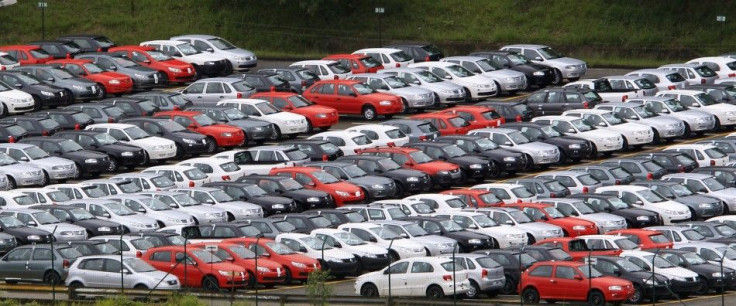Australians Ditch EVs For Hybrid Cars, Experts Worry Trend Will Impact Emission Goals

As the new trend shows a resurgent demand for hybrid vehicles over petrol cars and electric vehicles (EVs), experts are alarmed that it may hinder transport emissions targets, according to the latest figures revealed by the Federal Chamber of Automotive Industries.
Over the year, sales of new hybrid cars recorded 14.4%, up by 7.8%, compared to the sales in June last year. While the sale of EVs dropped from 8.8% to 8.3%, petrol cars fell from 48% to 43% over the year, ABC News reported.
Though hybrid cars are considered to be more polluting than EVs, manufacturers promote them as low-emissions cars without "range anxiety," as compared to EVs that may lack adequate charge to reach the destination.
Hussein Dia, a transport expert at Swinburne University, pointed out that the spike in hybrid cars and decline of EVs will impact emission reduction.
"It's not a coincidence this [sales boom] is happening now," Dia said. "People think they're doing the right thing for the environment, and they're not."
The resurgence of hybrids has taken the automobile industry by surprise, as automakers were inclined to phasing out internal combustion engine vehicles, and support cleaner, cheaper-to-run, fully battery-powered cars.
But, with the demand for hybrids rising, automakers Ford, General Motors, Mercedes-Benz and Volkswagen are delaying EV plans.
Dia attributes the reviving popularity to reasons such as petrol engine removes anxiety, less expensive and they are cheaper to operate.
"To many people, that's enough to offset the disadvantages, such as a higher purchase price than internal combustion engine vehicles," Dia pointed out. "I think the public can't ignore the media campaigns from some automakers, and they don't know they are emitting very high emissions."
According to a report by Drive.com, manufacturers are selling less diesel-powered passenger vehicles and pushing for the sale of petrol-electric hybrid product line-ups.
For instance, in 2024, automaker Toyota announced all passenger models -- excluding light commercial vehicles, off-road SUVs, and GR performance cars -- would be sold with petrol-electric hybrid engines.
The sale of petrol cars is expected to drop again and the demand for hybrid and electric models may improve once the New Vehicle Efficiency Standard (NVES) comes into effect from January 2025. The NVES, which will regulate carbon dioxide emissions of new passenger and light commercial vehicles, has to be complied by July 1, 2025.
© Copyright 2024 IBTimes AU. All rights reserved.






